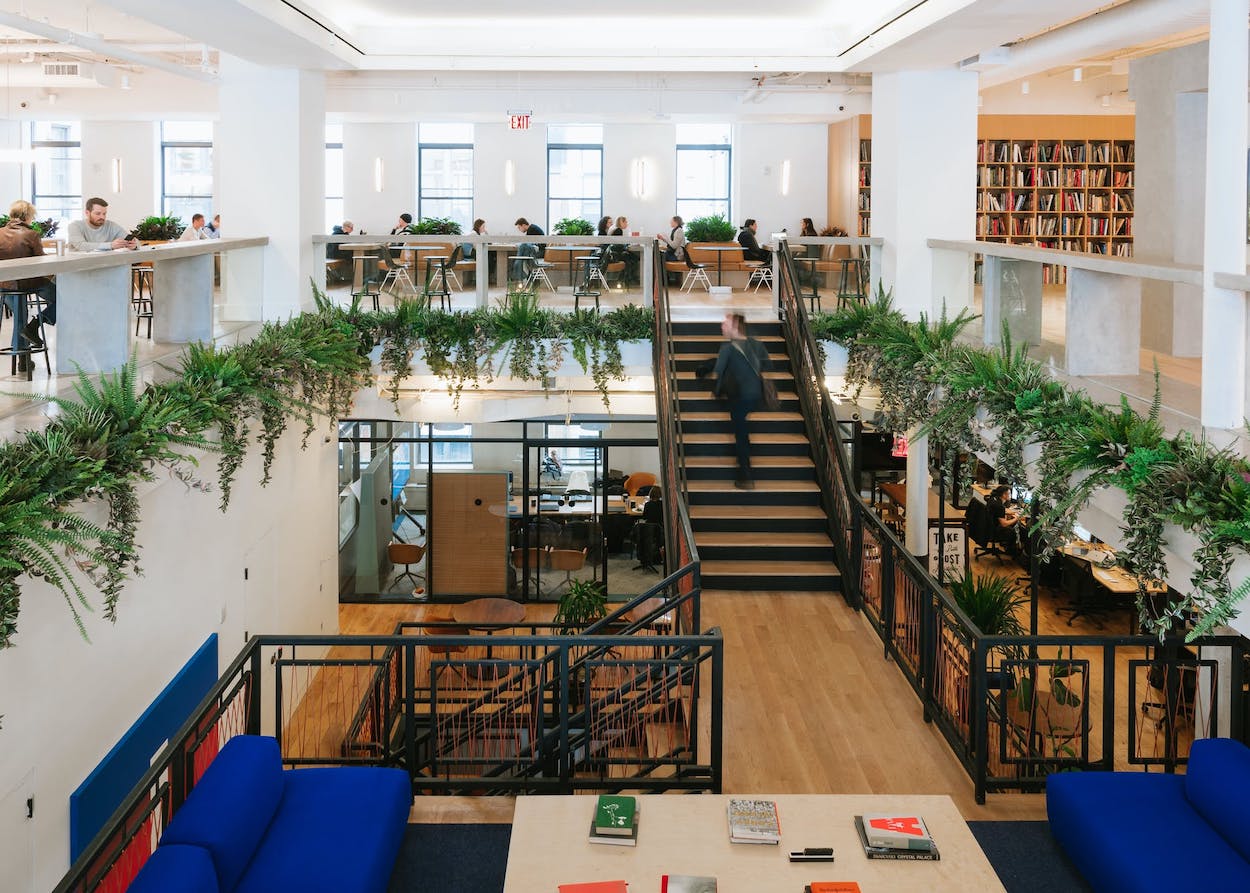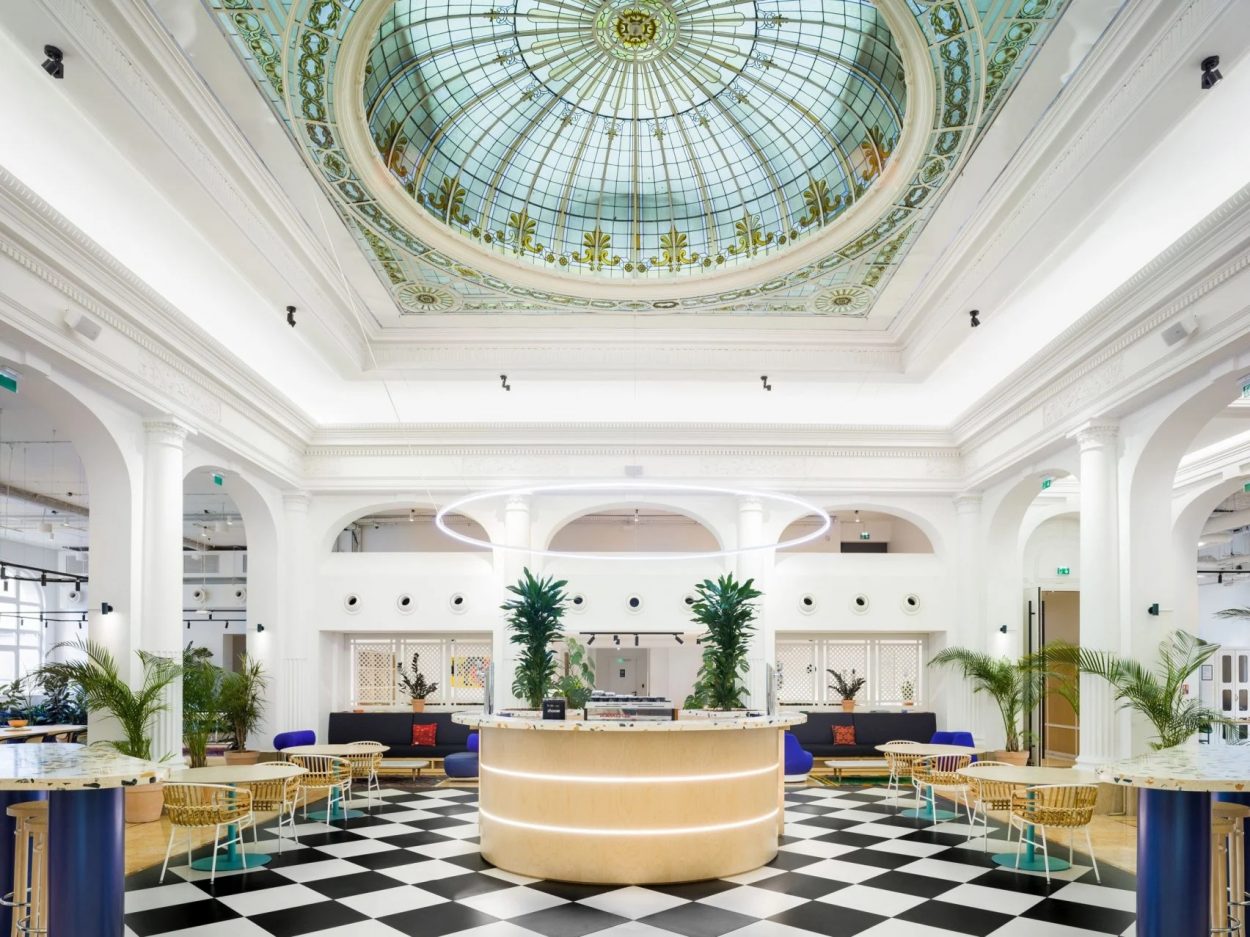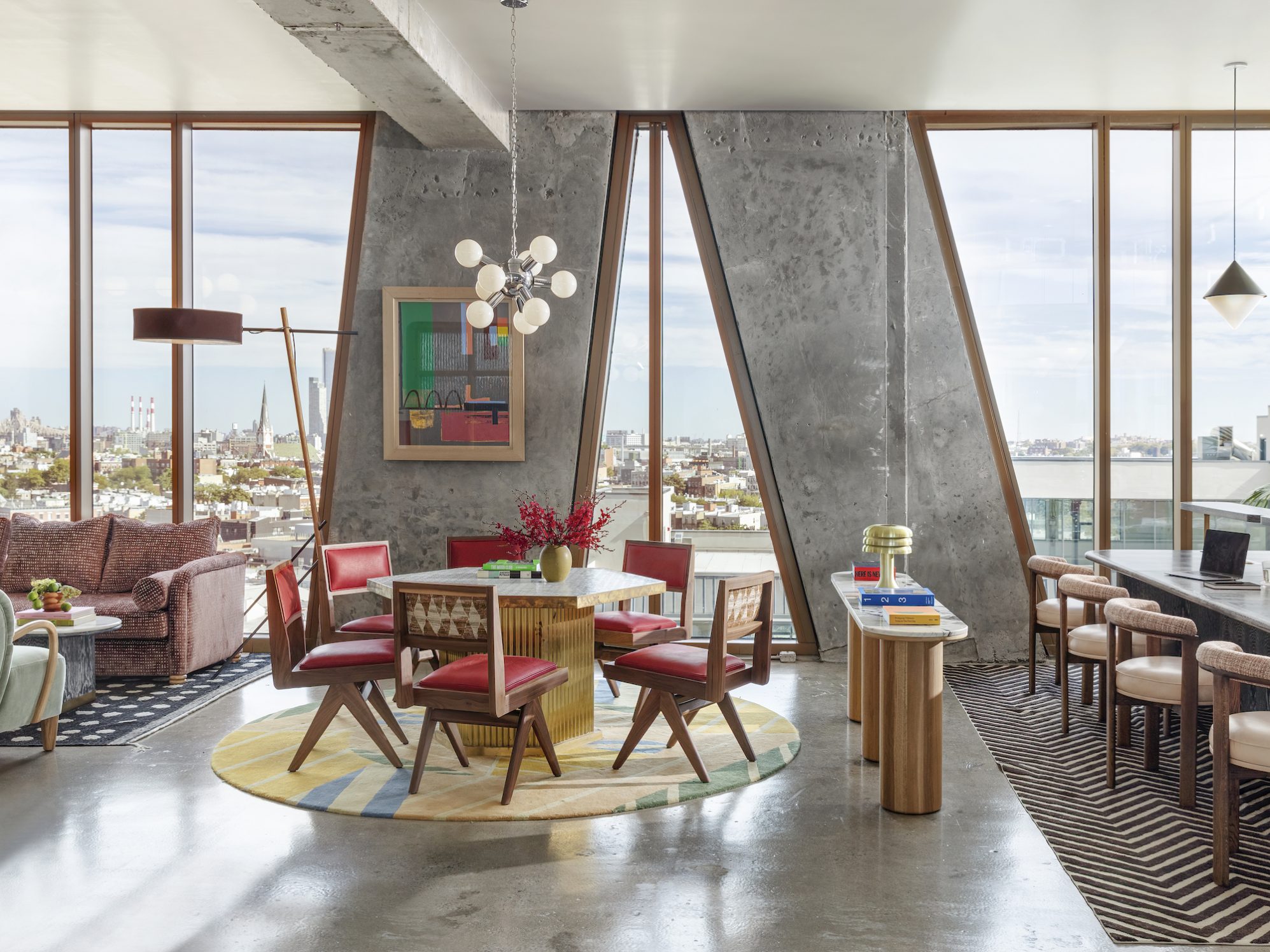A few years ago, WeWork’s eccentric founder Adam Neumann promised to reinvent offices and reshape how we work. The company succeeded in making the business of offering flexible, well-designed office space on short leases mainstream, but the waters were always choppy. WeWork fumbled a 2019 IPO, ousted Neumann, shuttered its WeLive and WeGrow ventures, and was bailed out in a multibillion-dollar takeover by SoftBank. Then the pandemic happened, and many believed the co-working industry might be gone for good. Hybrid work, where employees commute to the office only a few days per week, soon became the norm, offering glimmers of optimism for the company once valued at $47 billion with 779 locations worldwide.
Any trace of hope for WeWork’s future evaporated when the co-working juggernaut filed for bankruptcy protection this month. The flailing company negotiated with lenders to make good on debts, but its tanking value—shares fell 90 percent after its financial woes came to light in August—resulted in skipped rent payments, including $95 million it owed in interest. Now, it is seeking to slim down its empire and exit leases—a move set to deal a major blow to office landlords operating in one of the bleakest commercial real estate markets in decades.
The exit could be particularly dire in New York, where WeWork operates 50 locations while up to a fifth of the city’s office space is unleased. But some experts predict landlords will start offering up their own co-working spaces. “There’s nothing special about WeWork that Related or Vornado couldn’t replicate,” Stijn Van Nieuwerburgh, a real estate professor at Columbia Business School, told the New York Times. “I don’t think co-working is dead at all. The disappearance of WeWork opens up a window of opportunity for landlords to take that space over.”
On that note, WeWork’s demise hardly spells an end to shared office space. The co-working company Industrious and IWG, a holding company whose portfolio of co-working businesses includes Regus and Spaces, saw major leaps in half-year profit and are already eyeing vacant WeWorks. Members’ clubs and upscale gyms, meanwhile, have become peppered with desk space as they seek to capitalize on the growing demand for third-space working. Niche co-working ventures have also made inroads as workers opt for shared spaces tailored to their communities; among them are the ultra-exclusive Colette for itinerant executives and one-percenters in New York and the airy Blackbird for women entrepreneurs of color in Los Angeles.
The Malin’s relatively modest size and design-forward ethos resonated with Manhattan’s creative class so much that it recently expanded to Brooklyn, Nashville, and Houston, with another planned for Austin. Their key to success? “As we expand into cities outside of New York, like Nashville, we’re seeking the most relevant neighborhoods in the country,” co-founder Ciaran McGuigan tells Surface. “While doing so, we’re tailoring each location to fit the needs of the local professionals as well as our neighborhood partners and landlord.”



